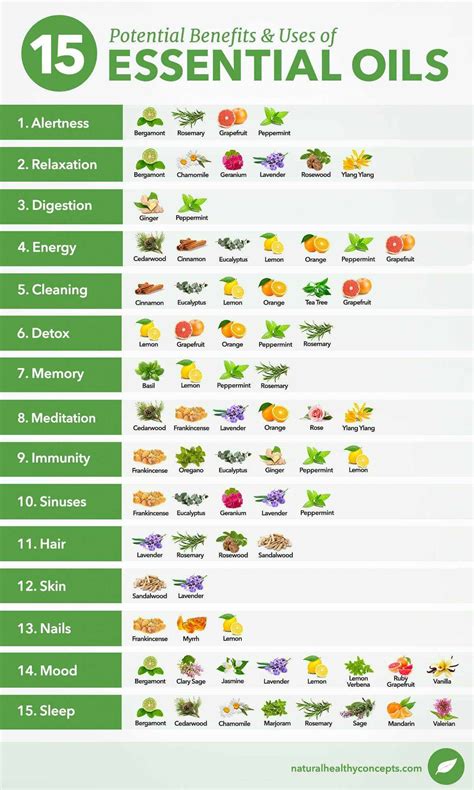Carrier oils are the foundation of any essential oil blend. They help to dilute the essential oils and make them safe for topical application. But did you know that carrier oils also have their own unique benefits?

In this article, we’ll explore the 12 best essential oil carrier oils and their amazing benefits. We’ll also provide tips on how to choose the right carrier oil for your needs.
Table 1: The 12 Essential Oil Carrier Oils
| Carrier Oil | Benefits |
|---|---|
| Jojoba oil | Moisturizing, anti-inflammatory, non-comedogenic |
| Coconut oil | Antibacterial, antifungal, moisturizing |
| Sweet almond oil | Hypoallergenic, gentle, nourishing |
| Grapeseed oil | Lightweight, non-greasy, antioxidant |
| Argan oil | Rich in antioxidants, vitamins, and minerals |
| Avocado oil | Rich in vitamins A, D, and E, moisturizing |
| Hemp seed oil | Rich in omega-3 and omega-6 fatty acids, anti-inflammatory |
| Olive oil | Moisturizing, anti-inflammatory, antioxidant |
| Rosehip oil | Rich in vitamin C, antioxidant, anti-aging |
| Tamanu oil | Anti-inflammatory, antibacterial, wound healing |
| Calendula oil | Anti-inflammatory, antibacterial, wound healing |
| Sesame oil | Rich in vitamin E, antioxidant, anti-inflammatory |
How to Choose the Right Essential Oil Carrier Oil
When choosing an essential oil carrier oil, there are a few things you’ll want to keep in mind:
- Your skin type: If you have sensitive skin, you’ll want to choose a carrier oil that is gentle and hypoallergenic, such as jojoba oil or sweet almond oil.
- The essential oils you’re using: Some essential oils are more potent than others, so you’ll need to choose a carrier oil that can dilute them effectively. For example, coconut oil is a good choice for diluting strong essential oils like peppermint or eucalyptus.
- Your desired benefits: If you’re looking for a carrier oil that will help to moisturize your skin, you’ll want to choose one that is rich in fatty acids, such as avocado oil or argan oil.
Amazing Benefits of Essential Oil Carrier Oils
In addition to their individual benefits, essential oil carrier oils also offer a number of amazing benefits when used in combination with essential oils:
- They help to dilute essential oils and make them safe for topical application: Essential oils are highly concentrated and can cause skin irritation if they’re applied directly to the skin. Carrier oils help to dilute the essential oils and make them safe for use on the skin.
- They help to enhance the absorption of essential oils: Carrier oils help to penetrate the skin and carry the essential oils deep into the tissues. This helps to maximize the benefits of the essential oils.
- They help to extend the shelf life of essential oils: Essential oils can oxidize and lose their potency over time. Carrier oils help to protect the essential oils from oxidation and extend their shelf life.
Tips for Using Essential Oil Carrier Oils
- Always dilute essential oils before applying them to the skin: The recommended dilution ratio for essential oils is 2-3% in a carrier oil. This means that you should add 2-3 drops of essential oil to 10 ml of carrier oil.
- Apply the essential oil blend to a small area of skin before using it on a larger area: This will help you to test for skin sensitivity.
- Store essential oil blends in a cool, dark place: This will help to preserve their potency.
FAQs
-
What is the best essential oil carrier oil for sensitive skin?
- Jojoba oil and sweet almond oil are both good choices for sensitive skin.
-
What is the best essential oil carrier oil for dry skin?
- Avocado oil and argan oil are both good choices for dry skin.
-
What is the best essential oil carrier oil for oily skin?
- Grapeseed oil is a good choice for oily skin.
-
Can I use essential oil carrier oils on my hair?
- Yes, you can use essential oil carrier oils on your hair. Just be sure to dilute the essential oils properly.
-
Can I use essential oil carrier oils on my baby?
- No, you should not use essential oil carrier oils on babies under the age of 6 months.
